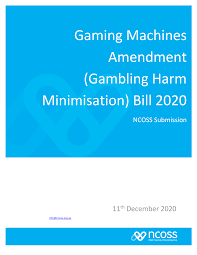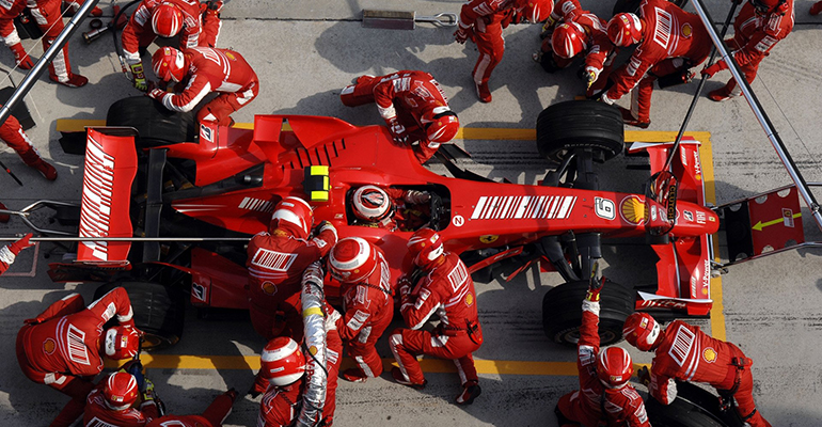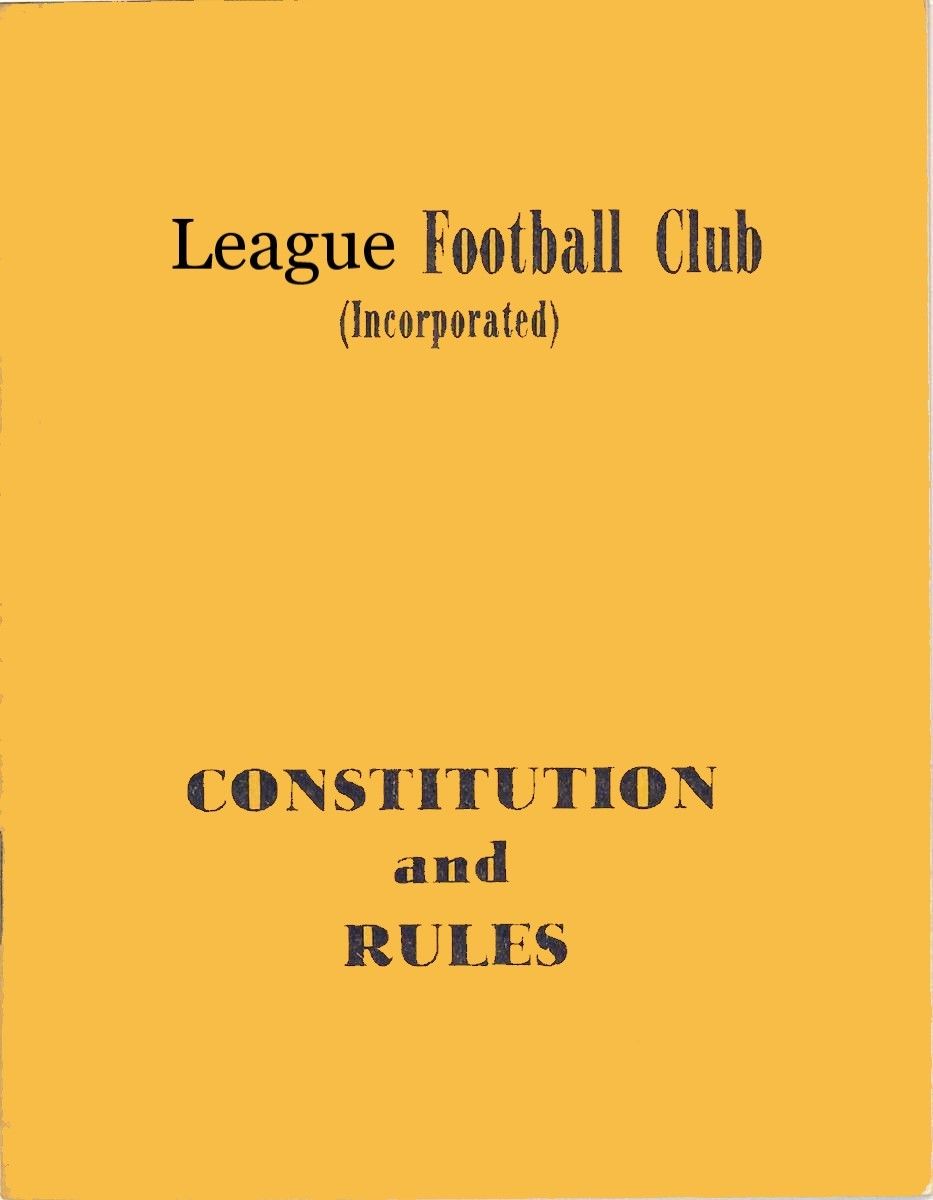Crisis Readiness – Are you prepared?
Never let a good crisis go to waste...
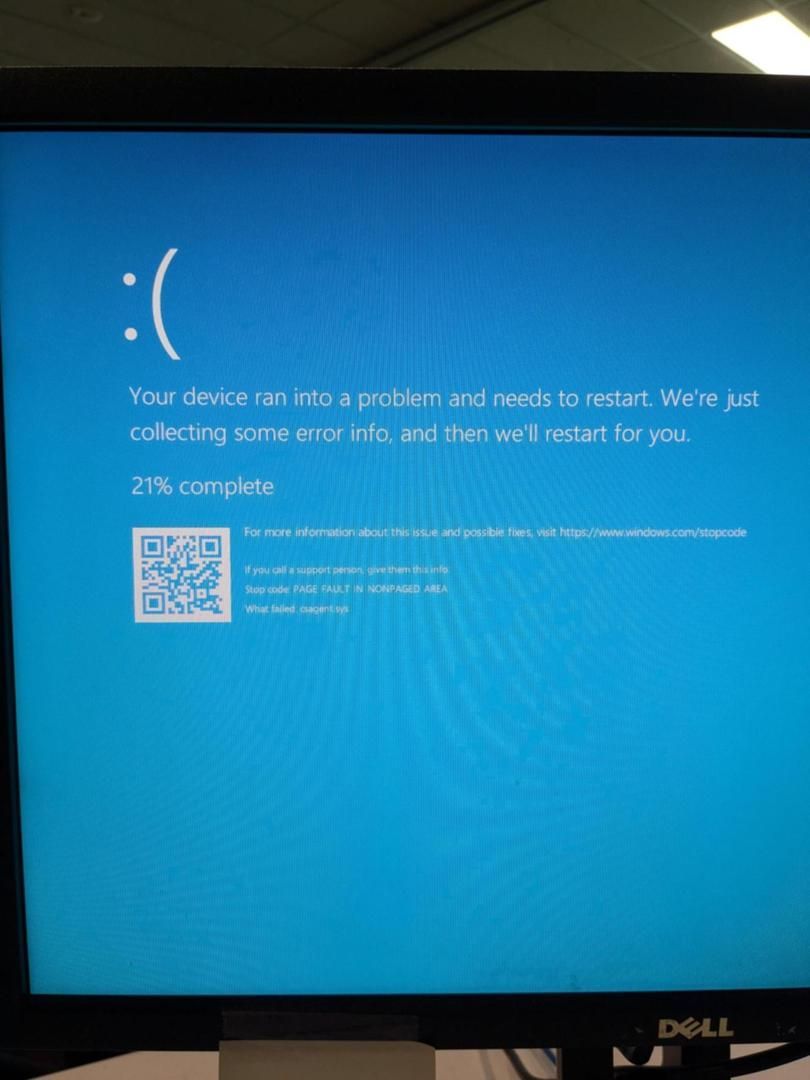
Only yesterday the global internet outage hit airlines, banks, department stores, supermarkets and small business operators alike. The common theme in the news was “no-one has (non-digital) back-up systems in place…” meaning that all the businesses were hugely disrupted. Many could not trade as they couldn’t get booking systems and databases up, or payment methods in place (like cash) to replace EFTPOS payment methods.
I was in my sailing club Friday night and pulled out cash to pay for a beer, only to be told “We don’t take cash here anymore”. After I got over my shock, and then next morning heard the news of the global web outage, I wonder would I have had free beer the night before, if their bank or EFTPOS comms had gone down?
I think I, and many others, have credited the late, great Winston Churchill before in this same context, as having said – Never let a good crisis go to waste. It is academic if he actually said it, but the sentiment is sound. It is well established that we probably learn more from our mistakes that from our successes, so if you don’t learn by battling through a crisis, that could be considered a waste.
The Oxford dictionary defines Crisis as a time of intense difficulty or danger. We have experienced many crises int the recent past – 2020 COVID pandemic, 2008 Great Financial Crisis (better known as the GFC) and the current ‘cost of living’ Crisis.
Many clubs, pubs and restaurants are currently in crisis in the sense of the cost squeeze – rising cost of goods, rising wages (which was long overdue) and downward pressure on prices by the consumer. This is creating an incessant squeeze on margins and many businesses can no longer sustain a viable level of trade and so close their doors. To address this type of crisis, businesses must pretty ruthlessly assess their suppliers (input costs), their staffing levels, cost of utilities and rent (overhead costs) and determine if their customers will continue to support them with prices increased to cover all of the above?
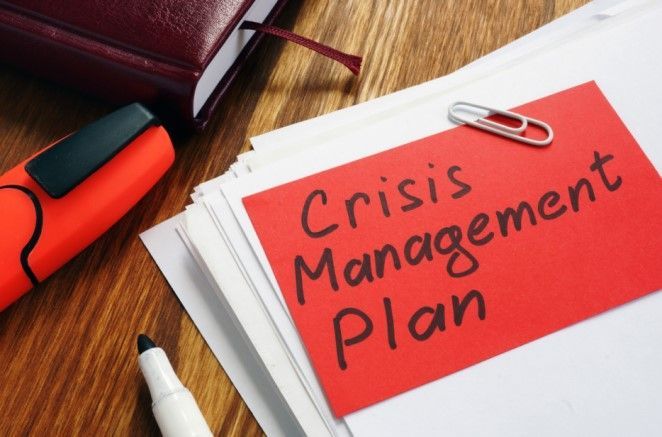
Crisis Management and Planning
The other form of crisis management and planning is all the other types of ‘business crisis’ that can befall any organisation, including but not limited to:
x Environmental – Fire, flood, drought, earthquake, building collapse, explosion
x Financial – cashflow, loss of reserves, operating loss, interest rate changes
x Governance – legislative compliance, conflicts of interest, inducements
x Human Resources – loss of key personnel, bullying & harassment, theft, fraud
x Operational – plant and equipment failure, inappropriate technology
x Reputational – poor risk management, poor culture, AML/CTF issues
x Digital/Cybersecurity – ransomware, malware, phishing, data breach
How prepared is your organisation for any one, or several of these crises, to occur. Are you prepared to respond rapidly and in a n effective manner to minimise the damage these types of crises can inflict on your organisation?
Take this quick quiz:
1. Does your organisation have a Strategic Plan?
2. Has your organisation done a Risk Assessment?
3. Does your organisation have a Crisis Management Plan in place?
If you answered No to any of the above questions, you are at risk of being seriously unprepared to deal with any type of crisis that may hit your organisation.
As a yachtie (I sail on racing yachts) I was recently reminded of one of the best examples of crisis management which arose after the fateful and fatal 1998 Sydney to Hobart Yacht Race. Till that year, anyone, experienced sailor or not, could join a crew and sail the 628 nautical miles (approximately 1,170 km) from Sydney to Hobart. When conditions are calm, anyone can sail a yacht, but when the excrement hits the fan, that is when the lack of experience can prove critical (if not fatal).
Six sailors died that year and fifty five others were rescued. As a result of that critical race, the Australian Yachting Federation introduced safety rules that have since saved many more lives and effectively prepare sailors for the worst eventualities offshore. The Australian Safety & Sea Survival Course was developed after the 1998 race and you cannot compete in the Sydney Hobart Yacht race without a current certificate, it must be refreshed every five years.
In business, we have many potentially fatal crises that can afflict an organisation and, like the 1998 Hobart yachts and sailors, most organisations are unprepared to respond to a crisis.
How to best prepare for a crisis
Smart organisations, those that answer yes to a Strategic Plan and maybe a Risk Assessment, may not have taken the next important step and created a Crisis Management Plan, to address and plan the response to the risks identified in their assessment.
The board and management of any organisation should take the time to plan for the future benefit of the organisation, and in particular, identify the risks the organisation may face. Scenario planning is a great tool here, to workshop what could happen and how the organisation should respond.
Then a comprehensive Crisis Management plan can be created to identify the risks, plan the response to those risks, including the allocation of responsibilities for implementing the responses.
Extrapreneur Services can provide a Crisis Management Planning Service, to create a plan specifically for your organisation, working with your key executives (and board if they wish) to create a document and implementation plan to prepare your organisation to better respond to any crisis.
Many organisations are familiar with the military quote of the ‘5 Ps’ – Prior Planning Prevents Poor Performance – (Ok those who know, know I left out the 4th P of 6 Ps) but the point is made that planning for a crisis, means you will be better prepared to handle the crisis if and when it should eventuate and impact your organisation.
For more information on a Crisis Management Plan for your organisation, contact Ron Browne, Managing Consultant ron@extrapreneurservices.com.au 0414 633 423
